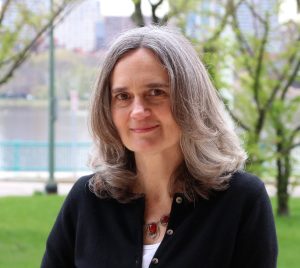
This sixth edition of the Umbra Institute’s biennial Food Conference entitled, “Food & Hybridity”, will be held from June 13-16, 2024, in Perugia, Italy.

The Keynote speaker will be Heather Paxson, the William R. Kenan, Jr. Professor of Anthropology at MIT. She received her PhD from Stanford University in 2008. Broadly interested in the moral meaning of people’s everyday activities, she researched motherhood and family planning in Athens, Greece before turning her attention to food, and to what was being called a “renaissance” in American artisan cheesemaking. The Life of Cheese: Crafting Food and Value in America was published by University of California Press in 2013. Her current research studies the practical and semiotic work of moving perishable foods across international borders. Heather was an Area Editor on the James Beard award-winning Oxford Companion to Cheese (2016), and her most recent publication is the edited volume, Eating beside Ourselves: Thresholds of Foods and Bodies (Duke, 2023).